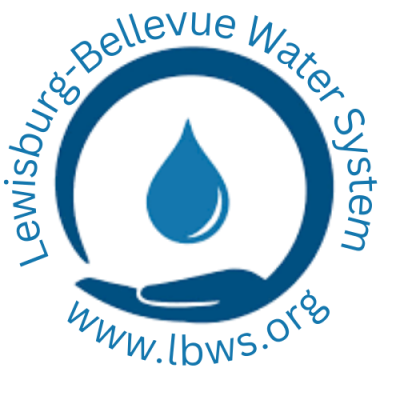Urban Stormwater
What is urban stormwater? Why all the fuss about it? Urban stormwater is the rain that falls on developed areas and runs off into streams and lakes. It is of concern because it often contains pollutants that can affect the waters it runs into.
While excess water runs off fields and forests, much of the rain soaks into the soil in natural environments. In urban areas with impervious surfaces like streets, driveways, parking lots and roofs, much more of the rain runs off into streams. The greater the percentage of hard ground cover, the greater the runoff. This high rate of runoff increases the loads of pollutants that can run into surface waters.
What are pollutants? Pollutants are substances that can affect the ability of the stream or lake to support fish and other aquatic life or make the water unsafe to drink or swim in. What are these pollutants? Most commonly they are nutrients like nitrogen and phosphorous; soil or sediment; organic matter like leaves, oil and grease; and bacteria and viruses. Other common pollutants can be pesticides, metals like copper and zinc, salt, septage and sewage, paint and grit from streets.
What do these pollutants do to water? Nutrients, sediment and organic matter can cause the consumption of oxygen in the water, making it difficult or impossible for fish and other organisms to live in the water. Bacteria and viruses can cause sickness and disease in humans and animals. Pesticides and metals can kill fish or make them unsafe to eat. Sediment, grit and organic matter can fill up streams and lakes, making it difficult for the rain to drain away and making them too shallow for fish to live.
How do I as a homeowner or resident of an urban area contribute to this, and how can I become a part of the solution? Many normal homeowner activities can contribute to stormwater pollution if not done in an environmentally responsible manner. Lawn fertilization where excess fertilizer is applied or the fertilizer is allowed to fall on the street or sidewalk contributes concentrated nutrients to stormwater. Blowing mown grass from driveways and sidewalks into the street contributes organic matter and nutrients. Washing automobiles, boats and ATVs on the street or driveway can add sediment, oil, grease, soap and other pollutants to the runoff when the next rain comes. Animal waste left on the ground contributes nutrients, organic matter and bacteria to the runoff. Dumping paint waste and used oil into drains can pollute a stream for several miles.

